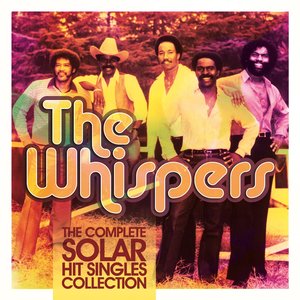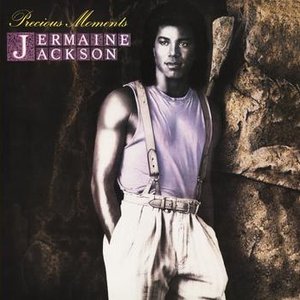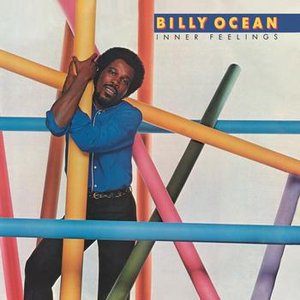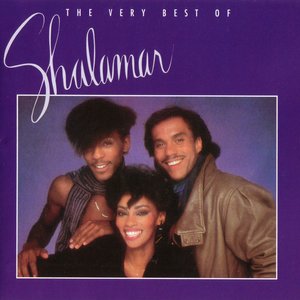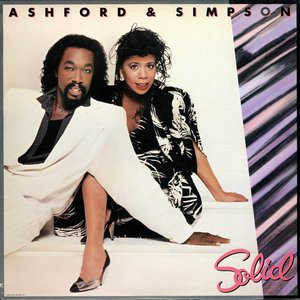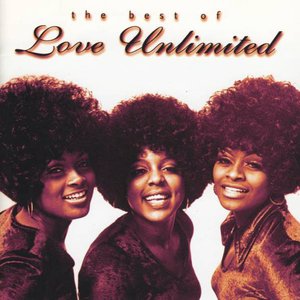Wiki
-
Length
3:41
"Ue o muite arukō" (上を向いて歩こう, literally "Let's walk looking up"?) is a Japanese song that was performed by Japanese crooner Kyu Sakamoto, and written by Rokusuke Ei and Hachidai Nakamura. It is best known under its alternative title "Sukiyaki" in English-speaking parts of the world. The song reached the top of the Billboard Hot 100 charts in the United States in 1963, and was the only Japanese language song to do so. In total it sold over 13 million copies internationally. The original Kyu Sakamoto recording also went to number eighteen on the R&B chart. In addition, the single spent five weeks at number one on the Middle-Road charts. The recording was originally released in Japan by Toshiba in 1961. It topped the Popular Music Selling Record chart in the Japanese magazine Music Life for three months, and was ranked as the number one song of 1961 in Japan.
Both the 4 P.M. and A Taste of Honey versions used the same English-language lyrics, written by Taste of Honey's Janice Marie Johnson who was given permission by the original song's copyright holders to write English lyrics for the song on the understanding that she receive neither official credit nor remuneration.
The lyrics tell the story of a man who looks up and whistles while he is walking so that his tears won't fall. The verses of the song describe his memories and feelings. The English lyrics of the version recorded by A Taste of Honey are not a translation of the original Japanese lyrics but a completely different set of lyrics set to the same basic melody.
Johnson is quoted in The Billboard Book of Number One R&B Hits by Fred Bronson as saying that when she translated the original Japanese lyrics into English, she found out that the lyrics could be interpreted in three ways: as a man on his way to his execution, as someone trying to be optimistic despite life's trials, or as the story of an ended love affair. "Me being the hopeless romantic that I am," she explained, "I decided to write about a love gone bad."
Johnson's partner in A Taste of Honey, Hazel Payne, did not actually contribute to the recording of "Sukiyaki"; after its release as a single Payne learned to play the koto acompaniment for the song to perform in its television promotion and also in concert.
The duo, who were quite popular in Japan (Johnson and her bandmate, Hazel Payne, often wore kimonos in concert), considered their version of "Sukiyaki" a tribute to one of the countries where they were most popular, and added a whispered "Sayonara" at the end of the song.
When recording their cover version of the Kyu Sakamoto song ""Sukiyaki"" (from their third album - Twice As Sweet, released in 1980) they resisted suggestions to turn it into a dance tune, and as a soft and simple ballad it brought them the second and final major hit of their careers in 1981, when it reached number one (#1) on the Billboard R&B and Adult Contemporary charts and number three (#3) on Hot 100. The group was awarded a gold record for this single.
The recording and release of the song also brought them some financial distress as Sakamoto sued Capitol Records for copyright infringement, a song Johnson had believed to be a Japanese "folk" song (and in the public domain).
Track descriptions on Last.fm are editable by everyone. Feel free to contribute!
All user-contributed text on this page is available under the Creative Commons Attribution-ShareAlike License; additional terms may apply.

